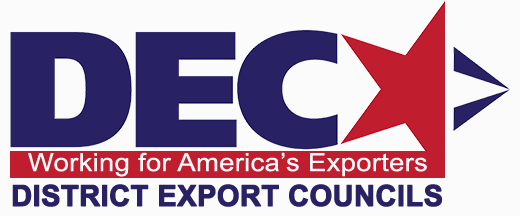International businesses must sometimes relocate staff from overseas to the US. This may involve moving an entire family, and the process is not always straightforward, involving legal, cultural and logistical challenges. This article addresses some of these from the employee’s perspective.

We are grateful to Holly Perkins of Mindful Traveler for the information contained in this article.
If your family is planning to immigrate to the United States soon, you may be anxious about the challenges to be faced upon arrival. You may also be unfamiliar with the essential resources available to help obtain legal status and get established in the US. This article offers some tips.
What practical steps will you have to take?
Before you move, it is vital to educate yourself on all the steps involved in immigrating, not to mention all the paperwork you will need along the way.
- Engage an experienced U.S. immigration lawyer in advance to help you navigate through the extensive paperwork process that goes along with moving to the U.S.
- Assemble all essential travel-related documentation such as a passport, identification card, and visas for every member of your family.
- Obtain copies of all of your family’s personal records, especially documents such as marriage licenses and birth certificates.
- Documents you may need for work include diplomas and work contracts. You can find further information at the U.S. Equal Employment Opportunity Commission.
- You will probably need to have some health records, such as medical certificates and proof of immunizations.
- Finally, if you or your children struggle with English, consider signing up for language tutoring through a site like Language Snaps.
Why engage with an immigration lawyer?
If you are moving to the US for more than just a few weeks, your employer should help you engage with an experienced immigration lawyer in advance of your trip. The lawyer can help you navigate the often complex legal process of obtaining a temporary US work visa or a permanent residence (green card). Ideally, they should help you begin the application process well in advance of your trip, and can spot trouble before it starts. This is not something you should try to undertake on your own.
What might be different politically, economically, and climate-wise?
Depending on the country you are coming from, you may find that the United States has very different policies. Here are some cultural norms that may – or may not be – familiar to you that you’ll want to become familiar with.
- You will likely have to pay for your health care or acquire it through your work. The US has no single-payer healthcare system and few regulations on costs of services or prescriptions. Find information on your health care options at the HealthCare.gov site.
- There is less paid leave in the United States and less holiday time in general than in other similarly developed nations.
- Many laws in the US also differ from one state to the next, so in addition to federal law research the rules and regulations relevant for the area you’re staying in.
- In terms of climate, also be prepared for changes. For instance, some areas are subject to hurricanes or blizzards, which offer some unique challenges you might not be accustomed to.
What cultural differences should you expect?
Even with regional differences, there are some constants you can expect in most areas of the US.
- Travel by automobile is the norm, and public transportation is not an option in many parts of the United States, except in a few large metropolitan areas.
- Education varies, as parents have access not only to free public schools, but to private and religious schools as well.
- You will be expected to tip in restaurants and in some other service sectors as well.
- You will have the choice to buy or rent a home, so look into the advantages of each. Renting often means a faster move-in date, but buying can be the better investment if you will be staying for a longer time period.
How to support and stay connected to family and friends back home?
Once you have moved to the United States, you can use internet technology and free software to stay in touch with loved ones and friends.
- Staying connected could be as simple as making a phone call. Fortunately, international online calling services like Rebtel make this easy and affordable.
- Alternatively, you can use free video chat software like Skype and Zoom to keep in touch.
- You can send your loved-ones financial support via secure and low-cost cash transfer services. Usually, these are provided by banks, credit unions, or other financial service institutions. For some countries, like the Dominican Republic, you can also use a remittance service to send cash to a home or designated pickup spot.
Moving to another country can be difficult, but it also presents you and your family with a wealth of fresh opportunities. There will probably be a lot that is different from what you are used to, and every member of your family will have to navigate different cultural divides. Being informed in advance and knowing where to go for support will make it easier for you to navigate this exciting journey.
